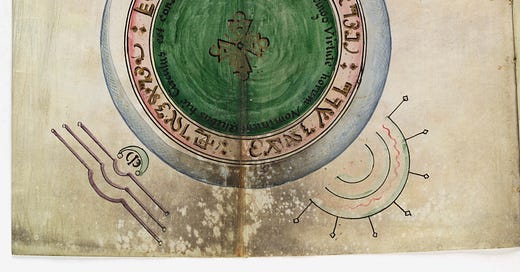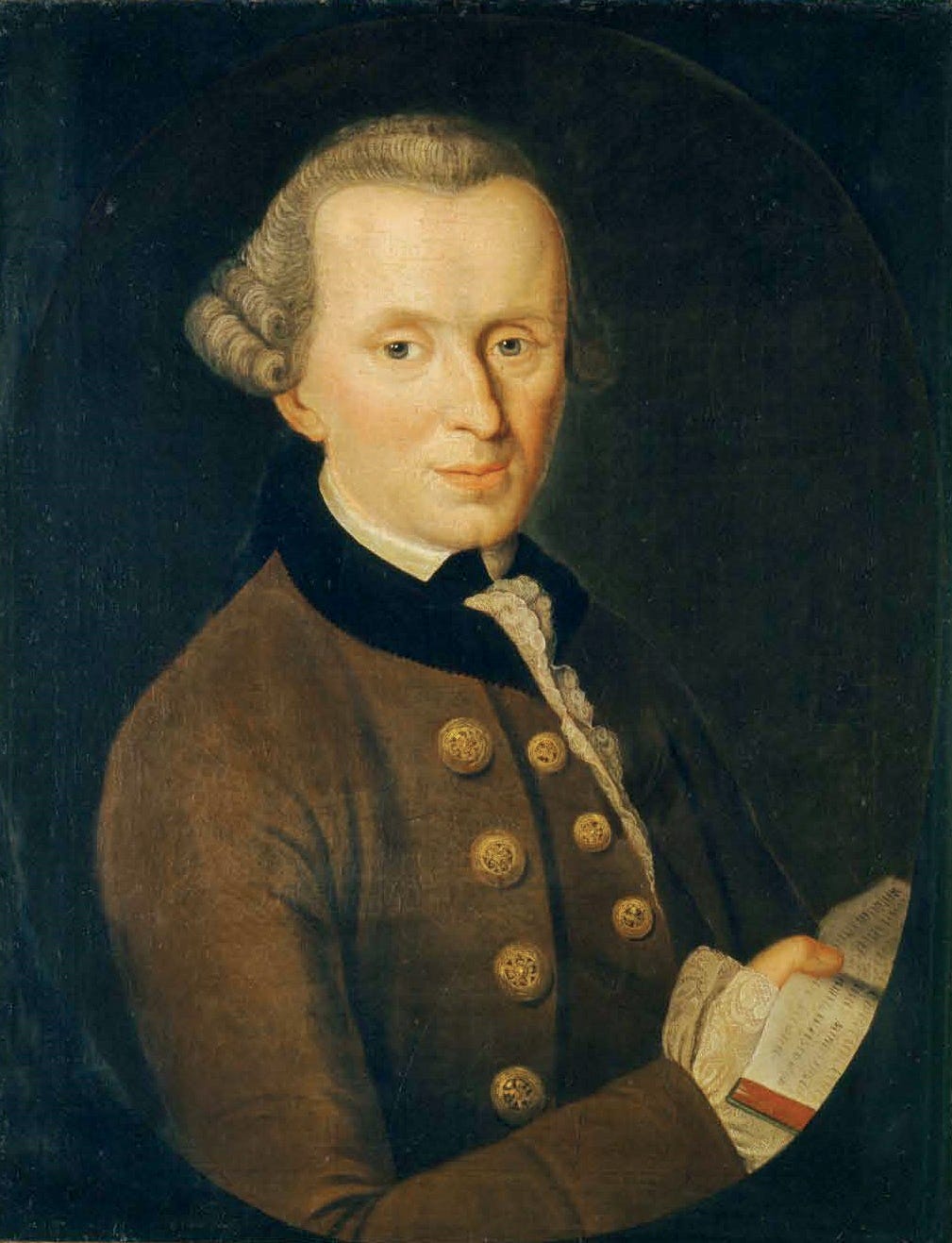Hello there: It’s good to be back after a couple of weeks. I am planning on reworking the Trump to Biden series and all of last year’s posts on the pandemic into a systematic document: perhaps a book, perhaps a blockbuster movie.
That burst of activity has also given me a taste for what daily writing can do to clarify my thoughts so I am going to continue in that vein, i.e., daily updates for four weeks give or take a day or two, followed by a week long break and then another four weeks.
What’s the topic this time?
Intelligibility
We are used to the world being transparent to our systems of knowledge. The Corona Virus disrupted life across the planet but we knew that the pandemic will be ‘solved’ sooner or later.
Solved not endured
Pandemics went away in previous centuries too; even the Black Death took its leave after killing a third of Europe. But what’s new about this pandemic is that it’s going away as a result of vaccines developed in record time. We are not letting nature takes its own course; instead we are intervening in the world on the basis of knowledge.
Broadly speaking, intelligibility takes two forms:
Making the world transparent to our systems of knowledge
Intervening in the world using instruments that take knowledge into the world
Our confidence in the intelligibility of the world is one of the most important marks of the anthropocene.
In many liberal circles, there’s confidence that even climate change, arguably the greatest challenge to our systems of intelligibility, can be ‘solved’ by a combination of technological progress and government action. If so, climate action won’t be the end of the anthropocene as much as its culimination.
Perhaps the world is indeed our oyster.
Perhaps. But it might also be that intelligibility eats itself - consider how the transparency of our minds to algorithmic capitalism (Google, Facebook, Twitter) has greatly increased political chaos. Worse: our hubris at being able to control planetary flows might cause a crisis even greater than the climate crisis.
What would Kant do?
Awareness of our increasing powers and their limits isn’t new. Immanuel Kant, perhaps the most important modern philosopher, wrote his magnum opus, “The Critique of Pure Reason,” about the scope and limits of rational intelligibility a little less than two hundred and fifty years ago in 1781.
Kant’s analysis was grounded in the spectacular advances of physics in his time - Newton’s theories in particular. Kant came a full century after Newton when Newtonian theories of matter were proving all conquering with counterexamples over a century away.
Newton and Euclid (incidentally, Newton modeled the Principia on Euclid’s Elements) formed the two legs on which Kant erected his edifice of the limits of intelligibility. Like Newton and Euclid, Kant’s inquiry was theoretical, i.e., about the scope and limits of reason in principle. Much has happened in the world of theory since then:
Kant’s theory of space was superseded by the invention of Non-Euclidean Geometry
Computing and mathematical logic have greatly advanced our understanding of the limits of reasoning
Quantum mechanics has overturned the basic assumptions of the physics of Kant’s time.
The scale of the cosmos is way bigger than the imagination of the 18th century.
For these reasons, we need a renewed theoretical inquiry into the limits of reason.
But why stop with reason?
Reason was the basis of intelligibility in Kant’s time, but today we can say with confidence that cognition is bigger than reason even in the theoretical realm, so we have to replace reason with cognition in any investigation of the limits of intelligibility.
And why stop with theory?
The most important expansion of our intelligibilities since Kant’s time has been our practical capacity to intervene in the world (see COVID vaccine), with technologies of modeling and control at a whole another level in 2021 compared to 1781.
Capitalism has expanded to include the whole globe
We have a deep understanding of the interrelatedness of all life and of the planetary systems that support it
As brain science advances, even consciousness and subjectivity might be coming under the purview of intelligibility
In conjunction, control over attention and consciousness is key to politics
Human consciousness is now set along the consciousness of many other creatures, and something like consciousness (presence? being?) could be present in some form across all of life.
In sum, what might have felt like a theoretical possibility in Kant’s time has now become a concrete achievement; the end of intellectual history and the end of political history are arriving simultaneously.
And conversely when these ends lead us into the abyss instead of the sunset, the collapse of the two sets of achievements won’t only be in the intellectual sphere - it could end human (and non-human) life on earth.
Kyborgs
So where are we now? What picture captures the mood of our world?
If I had to single out one idea that lies at the intersection of the limits of intelligibility in all spheres: theoretical, practical, political, moral, it is the idea of the machine. In particular:
The Cyborg lies at the culmination of several centuries of scientific, technological and (post)humanistic development.
Everything that’s good and bad about the modern world can be lensed through the Borg empire, which forms the limits of all our intelligibilities - intellectual, moral, political…
Depending on our mood, we can bring Kant to the Borg or the Borg to Kant, but either way, let's pair a question with an answer:
What Would Kant Do in today’s circumstances? How would he map the scope and limits of intelligibility in 2021?
and answer it so:
The Kantian Cyborg - the Kyborg - is the best model of the limits of our intelligibility, and by probing the limits of Kyborgs, we will arrive at the best assessment of our hopes and failures.
TLDR; Kant argued that the transcendental subject is the metaphysical ground of reason. We will replace the subject with Kyborgs and they will be both transcendental and imminent. Don't worry if the jargon escapes you - all will be explained in due course.
That’s the hypothesis underlying this series of updates. I will explore Kyborgs by digesting Kant slowly alongside interlocutors from various theoretical and practical buckets (i.e., points 1-4 and 1- 5) above.
Apart from these two buckets, we also have the great advantage of ideas from intellectual traditions that Kant didn’t know anything about - the Indian and Chinese traditions for example. They too will find a way into this series.
A note on method
Intelligibility is a technical topic, but as always, my goal is to E5 (explain it like I am five years old) the journey.
This digestive process will proceed very very slowly, for it isn’t a matter of thirty or sixty or even six hundred updates
The length of today’s update (it’s crossed the 1000 word mark) reflects its status as the introduction to a new series of posts, but I will default to short daily pieces (~ 300 words is my target).







